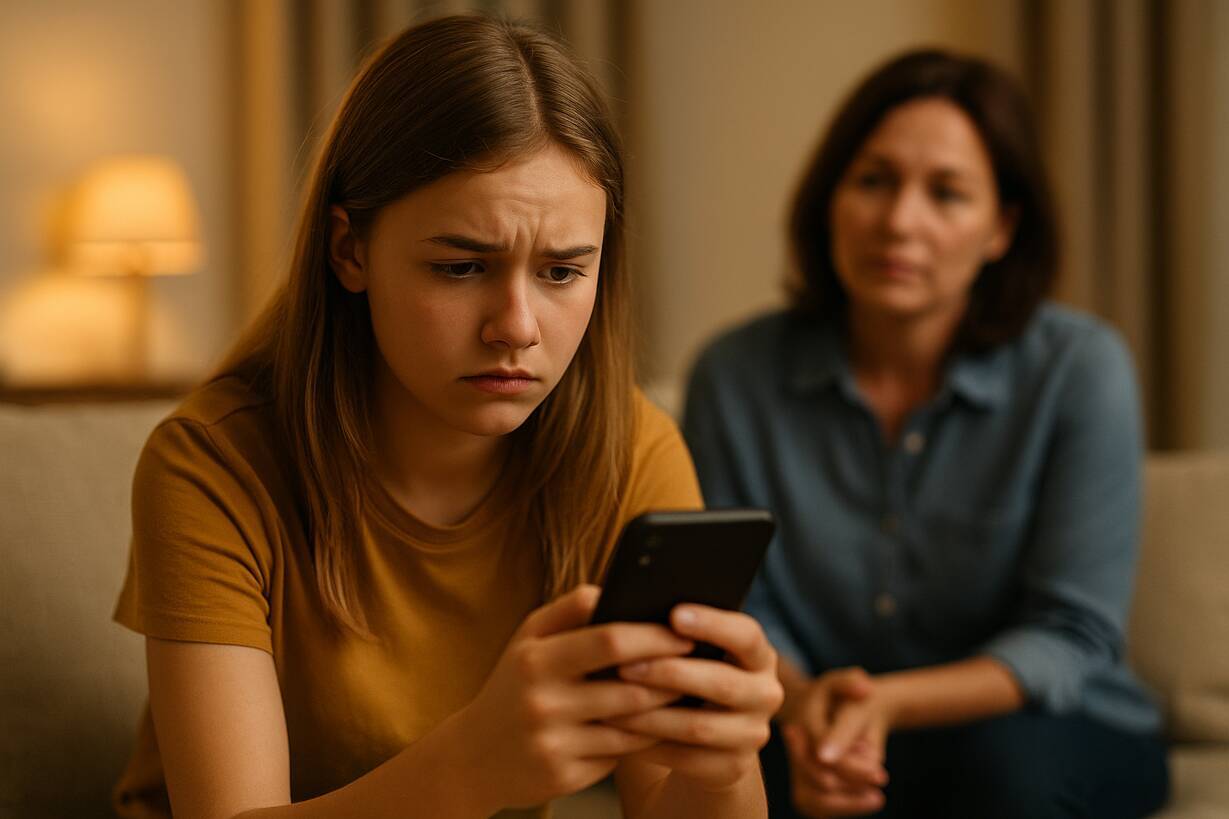If your teenager can survive on ramen and sarcasm but not the hint of a Wi‑Fi dropout, you’re not alone. Many of us have been timing our kids’ screen time with the precision of NASA engineers, only to be reminded that the rocket is pointed in the wrong direction. Recent research suggests that how kids use their devices matters much more than how long they’re on them. It turns out that obsessing over hours misses the real culprit—compulsive, uncontrollable screen use that sneaks into every corner of your child’s day and mood.
A new study in the Journal of the American Medical Association, summarized by Science News, surveyed over 4,000 children between 2015 and 2023. Researchers discovered that about 30% of eleven‑year‑olds displayed signs of social media addiction, and 40% showed signs of video game addiction. Addiction wasn’t about total time; it was about those classic tell‑tale behaviors—compulsive checking, needing more and more time to feel satisfied, and feeling distressed when you’re away from your phone. The team even found that the way teens interact with screens—endless scrolling on social media versus reading an article—affects mental health differently.
As the parent who confiscated my teen’s phone only to watch them stare longingly at the microwave clock, I know the panic. It’s summer, they’re bored, and those devices sit there whispering, “Just one more video.” The researchers found that kids who showed signs of screen addiction were more likely to report depression, anxiety, aggression and even suicidal thoughts than their peers. Before you panic and smash the router, psychologists remind us that going cold turkey isn’t realistic. Screens have replaced the mall, the school yard and even some face‑to‑face conversations, so expecting your teen to quit them completely is like expecting me to give up coffee.
So what can a frazzled parent do? First, focus on the why behind the endless scroll. Signs of problem use include spending a lot of time thinking about social media, feeling the need to use it more and more, losing track of time, or arguing with others over phone use. If you spot these, start talking—not lecturing. Ask your teen what they like about certain apps or games. You might discover that it’s less about the content and more about filling an emotional need. For some, a multiplayer game is a way to connect when they feel lonely; for others, a TikTok binge is an escape from school stress. Understanding the motivation helps you offer alternatives that meet the same need.
Second, model the behavior you want to see. If you bark at your child to put down their phone while answering work emails at the dinner table, you’re sending the wrong message. Choose times when everyone parks their devices: meals, car rides, bedtime. Make space for boredom and let your teens find offline hobbies. It might surprise you how much you enjoy a card game or a walk around the block when you’re not trying to film it for social media.
Finally, support rather than shame. Some kids are simply more susceptible to addiction. Girls are more likely to get hooked on social media, and boys tend to fall into video game rabbit holes. Kids from lower‑income households or those who face discrimination may rely on online spaces for community and validation. If you notice serious mood swings, anxiety or withdrawal when the phone is out of reach, consider talking to a mental health professional. There’s no judgment in getting help; we’re all figuring this out as we go.
As parents, we like clear rules and checklists—thirty minutes of screen time, two hours of homework, eight hours of sleep. But sometimes the rulebook goes out the window. Screen addiction is more nuanced than a stopwatch can capture. Paying attention to why our kids are drawn into their screens, and helping them build healthier habits around those needs, will do far more for their mental health than counting minutes ever will. And if nothing else, it might remind them that there’s a world outside their phones worth scrolling through—one they don’t have to charge overnight.
Sources:
• Sujata Gupta, Science News, “Screen addiction affects teens’ mental health. How to spot it, and help,” July 22 2025.







Leave a Reply
You must be logged in to post a comment.